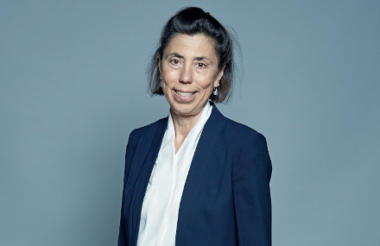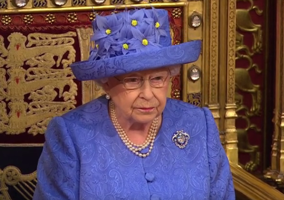The minister for civil society yesterday told social enterprises that they will be “significant beneficiaries” from reforms to the dormant assets scheme.
Baroness Barran was speaking at the launch of a parliamentary inquiry into the impact of the pandemic on the social enterprise sector.
The current dormant assets scheme uses unclaimed assets from bank and building society accounts to distribute money to good causes. New legislation, introduced in parliament by Barran last week, would expand the scheme to include assets from insurance, pensions and securities.
The expansion could free up another £800m in assets, according to government forecasts.
Cultural fit
The All-Party Parliamentary Group (APPG) on Social Enterprise launched its new inquiry yesterday, with evidence from the minister as well as social entrepreneurs from around the country.
The group is convened by Social Enterprise UK and the inquiry is chaired by the crossbench peer Charles Courtenay, the Earl of Devon.
Barran told the meeting that “culturally there is a great fit” between the government and social enterprises, which she said could help the sector play its part in the Treasury’s ‘levelling up’ agenda.
She added: “We are expanding the dormant assets scheme.
“I know there are concerns about how that will work for social enterprises.
“But as I said at the second reading of the bill, I can’t imagine a world where social enterprises are not significant beneficiaries of that.”
‘Many on the call will wish we had done more’
Barran also said: “The pandemic has hit social enterprises really hard.
“Some of them have seen demand go through the roof, others have been unable to operate because of the lockdown restrictions, and there is every permutation within those two extremes.”
She highlighted the support accessed by social enterprises through “cross-economy measures” during Covid-19, including furlough and emergency government-backed loans, but acknowledged that “many on the call will wish we had done more”.
Barran added: “It is really important for us to understand, from your inquiry, how we could have done it better, who were the people we missed, and importantly where did it work well?”
Report later this year
The APPG's inquiry will take evidence on the experiences of social enterprises during Covid-19, how they adapted, the level of support offered by the government, and the lessons the sector can learn for the future.
It plans to publish its findings in a report later this year.
Courtenay said: “Social enterprises have helped this country to get through one of the most difficult periods in our recent history.
“These businesses have had to adapt, not just to survive but to support the increasing number of people and communities that depend upon them.
He added: “This inquiry will be an open process led by the evidence presented, from which we hope to make constructive recommendations.”
Related news












